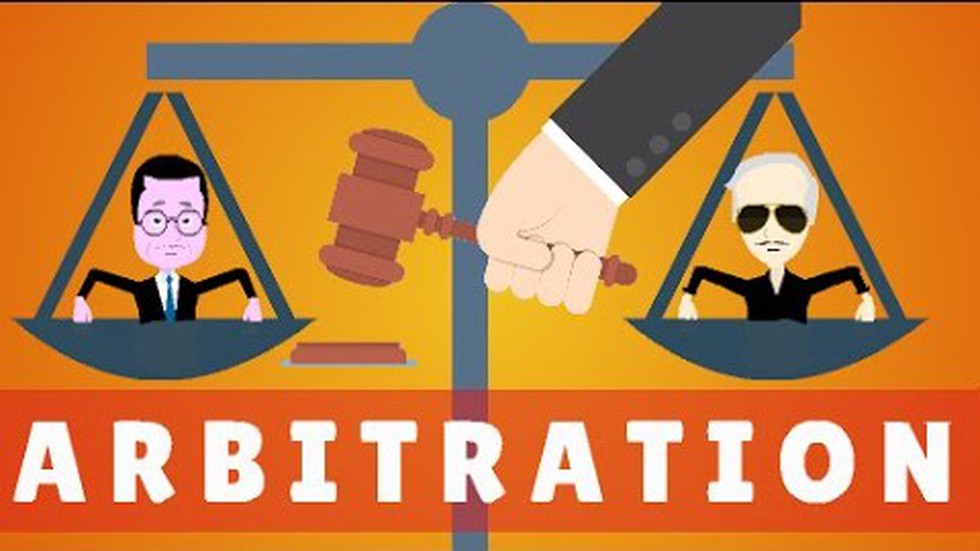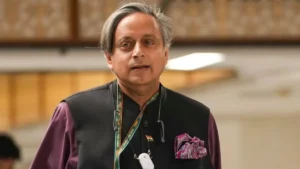The Indian government, through the Department of Legal Affairs, has taken a significant step towards improving the arbitration process by forming an expert committee. Led by former law secretary T K Vishwanathan, the committee aims to recommend reforms to the Arbitration and Conciliation Act of 1996. With a focus on reducing court intervention, enhancing cost-effectiveness, and ensuring timely resolution, the committee is expected to submit its recommendations within 30 days.
Examining the Working of the Act:
One of the primary objectives of the expert committee is to thoroughly examine the functioning of the Arbitration and Conciliation Act, 1996. By assessing its strengths, weaknesses, and challenges in comparison to foreign jurisdictions, the committee seeks to identify areas for improvement. This critical analysis will serve as a foundation for drafting proposed amendments and making other recommendations to the government.
Limiting Judicial Intervention:
To make arbitration a truly party-driven process, the committee aims to propose solutions that limit the requirement for parties to seek judicial intervention. By addressing this issue, the committee aims to streamline the arbitration process and minimize delays caused by court involvement. The objective is to create a more efficient and time-bound framework for resolving disputes through arbitration.
Expediting Finality of Awards:
Another significant aspect the committee will address is the expeditious attribution of finality to arbitral awards. By suggesting modifications to existing provisions related to setting aside awards and appeals, the committee aims to facilitate the swift enforcement of arbitration awards. This will provide parties with the assurance of a conclusive resolution to their disputes.
Developing a Competitive Environment:
The expert committee recognizes the importance of creating a competitive environment in the arbitration services market. To this end, the committee will recommend a framework for a model arbitration system that fosters healthy competition. By attracting both domestic and international parties, this framework will enhance India’s standing as a preferred destination for arbitration.
Minimizing Reliance on Judicial Authorities:
One of the key objectives of the committee is to suggest a statutory means to minimize reliance on judicial authorities and courts. By establishing an administrative mechanism and standard operating procedures, the committee aims to reduce routine challenges to arbitral awards involving the government. This will streamline the arbitration process, providing parties with a more efficient and reliable means of dispute resolution.
Cost Determination and Charter of Duties:
The committee will also focus on determining the costs of arbitration and fees of arbitrators. By recommending principles for cost calculation, the committee aims to bring transparency and fairness to the arbitration process. Additionally, a charter of duties will be devised to guide the conduct of arbitral tribunals, parties, and arbitral institutions, further enhancing the efficiency and effectiveness of arbitration proceedings.
Separate Laws for Domestic and International Arbitration:
The committee will evaluate the feasibility of enacting separate laws for domestic and international arbitration. By considering the unique requirements of each category, the committee aims to provide a robust legal framework that caters to the specific needs of both domestic and international arbitration. Furthermore, templates for model arbitration agreements and awards will be recommended for adoption by parties and arbitrators.
Simplifying Arbitration Legislation and Standardizing Functions:
To promote accessibility and clarity, the committee will explore the need for new legislation on arbitration in simple language. By developing a handbook for arbitrators, the committee seeks to standardize their functions and provide comprehensive guidance. These measures will enhance the professionalism and consistency of arbitration proceedings.
Find More News Related to Schemes & Committees




 Which Lake is known as the Jewel of Udai...
Which Lake is known as the Jewel of Udai...
 Which is the Largest Banana Producing St...
Which is the Largest Banana Producing St...
 Shashi Tharoor Conferred Honorary D.Litt...
Shashi Tharoor Conferred Honorary D.Litt...








